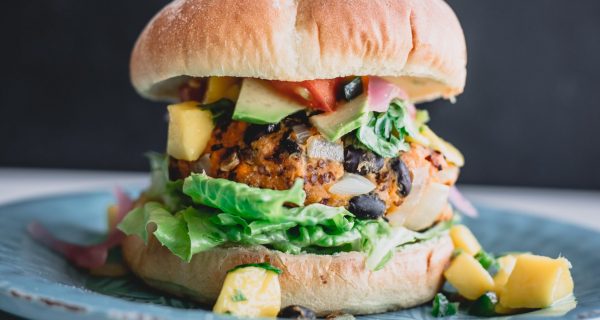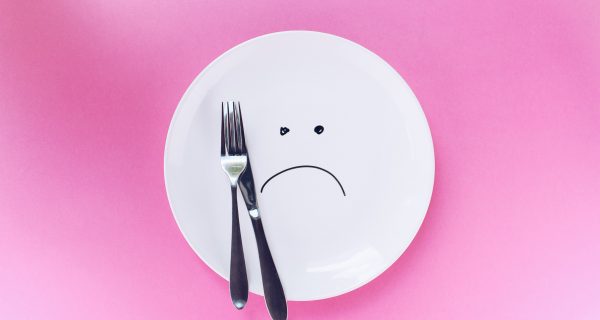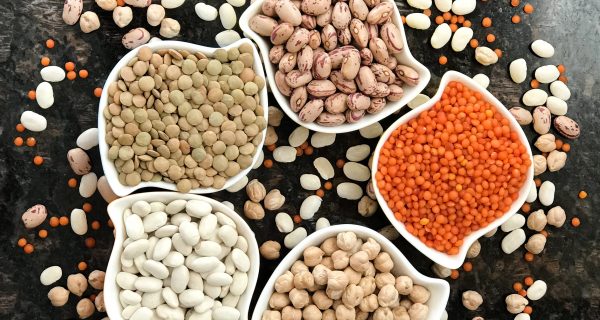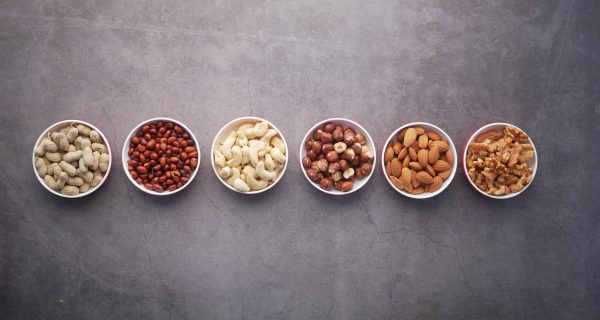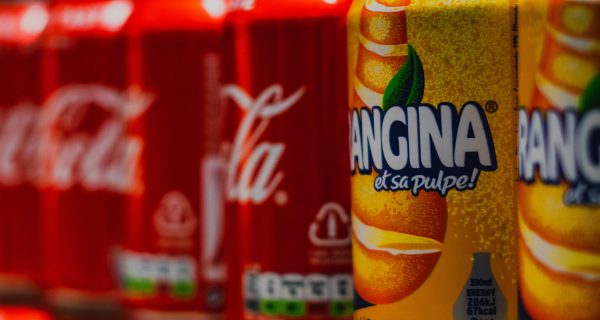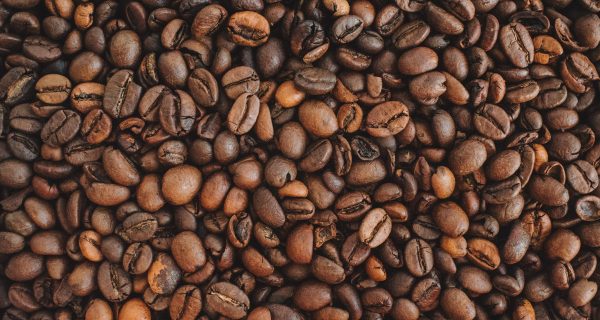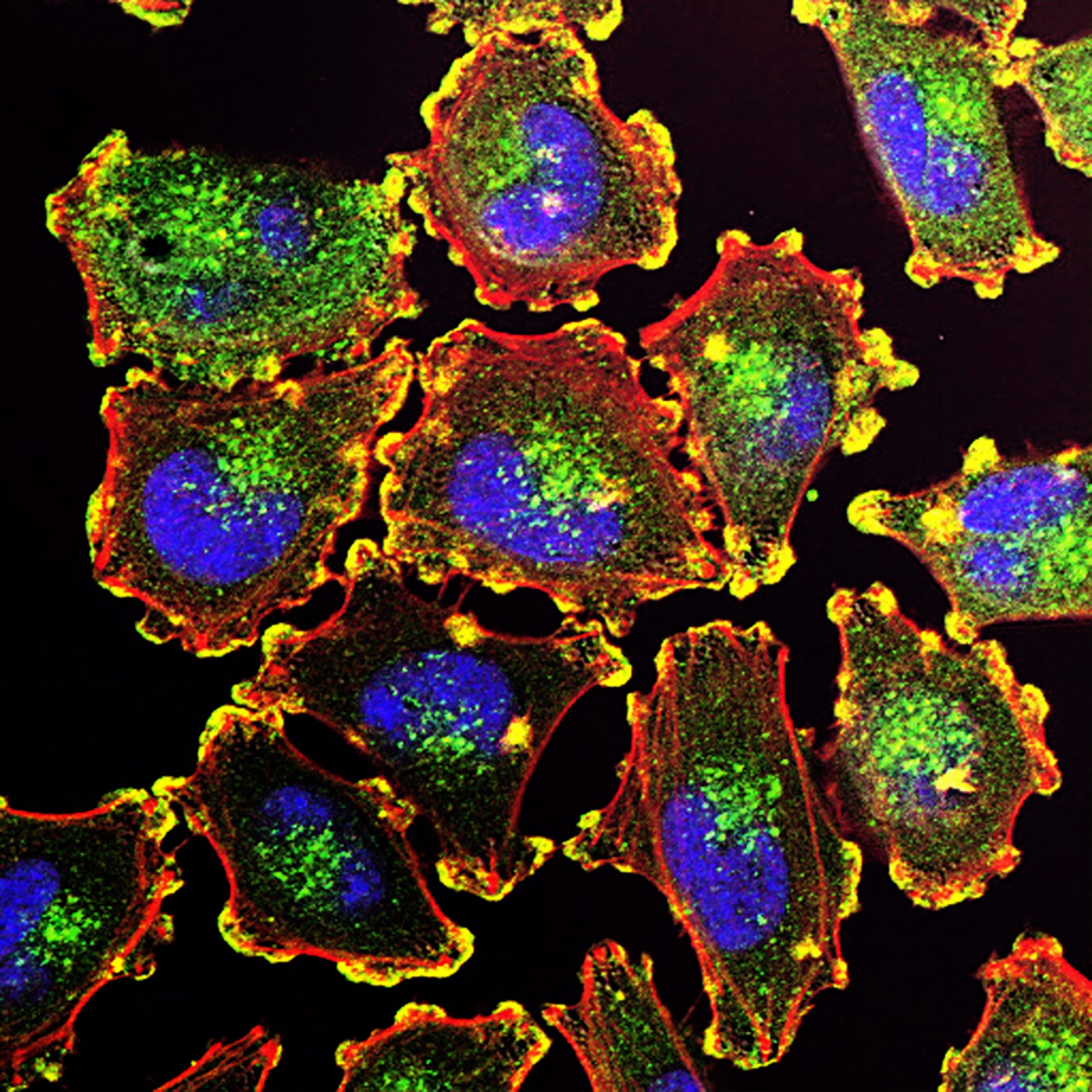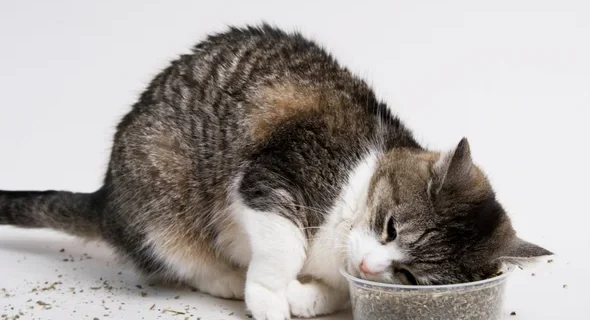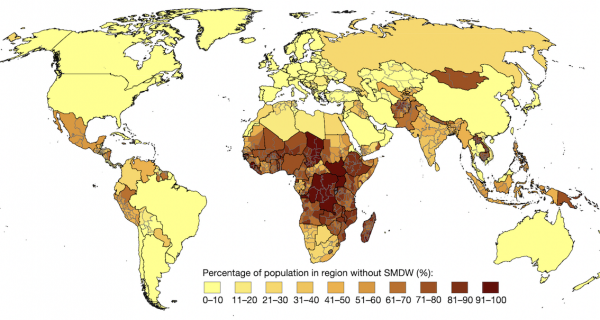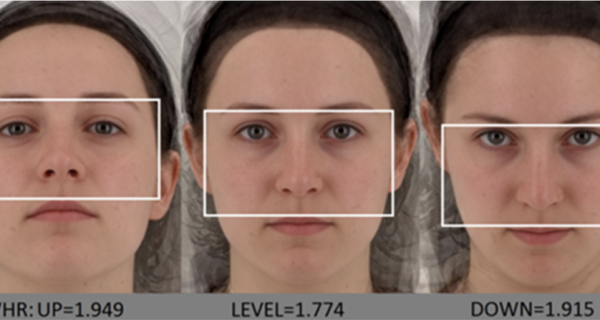Chocolate bars, crisps, fries, and sweets – why can’t we just ignore them in the supermarket?
Researchers at the Max Planck Institute for Metabolism Research in Cologne, in collaboration with Yale University, have proven that foods with a high fat and sugar content change our brain: If we regularly eat even small amounts of them, the brain learns to consume precisely these foods in the future.

The prevalence of obesity has been on the rise globally, and a major contributor to this trend has been the increasing consumption of high-fat, high-sugar (HF/HS) foods. Although it is well established that a diet high in fat and sugar promotes excess calorie intake and weight gain, the mechanisms behind this phenomenon are not fully understood.
A study published in the open access journal Cell Metabolism attempted to address this knowledge gap. The study was conducted on healthy, normal-weight participants who were exposed to either a high-fat/high-sugar (HF/HS) or a low-fat/low-sugar (LF/LS) snack for 8 weeks in addition to their regular diet. The researchers aimed to investigate whether repeated exposure to HF/HS foods can rewire brain circuits and induce neurobehavioral adaptations that increase the risk of overeating and weight gain.
The results of the study showed that exposure to high-fat/high-sugar foods had a direct effect on neurobehavioral adaptations. The high-fat/high-sugar intervention decreased the preference for low-fat food while increasing brain response to food and associative learning independent of food cues or rewards. These alterations were independent of changes in body weight and metabolic parameters, indicating that they were a direct effect of high-fat, high-sugar foods on neurobehavioral adaptations.
“Our measurements of brain activity showed that the brain rewires itself through the consumption of chips and co. It subconsciously learns to prefer rewarding food. Through these changes in the brain, we will unconsciously always prefer the foods that contain a lot of fat and sugar,” explains Marc Tittgemeyer, who led the study.
The study’s conclusion suggests that changing the food environment and reducing the availability of energy-dense HF/HS food items is pivotal to combating the obesity pandemic. The study’s findings have important implications for public health policies and dietary recommendations. It is essential to promote the consumption of healthy, low-fat, low-sugar foods to combat the obesity epidemic.
In conclusion, the authors of the study demonstrate that exposure to HF/HS foods can induce neurobehavioral adaptations that increase the risk of overeating and weight gain. The study highlights the need for public health policies and dietary recommendations that promote healthy, low-fat, low-sugar foods and reduce the availability of energy-dense HF/HS food items. By doing so, we can combat the obesity pandemic and improve public health outcomes.

